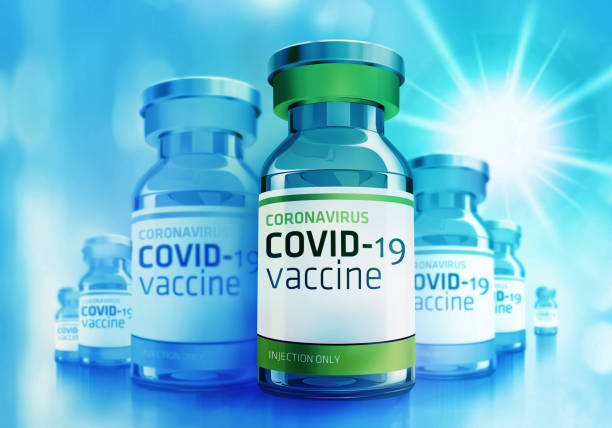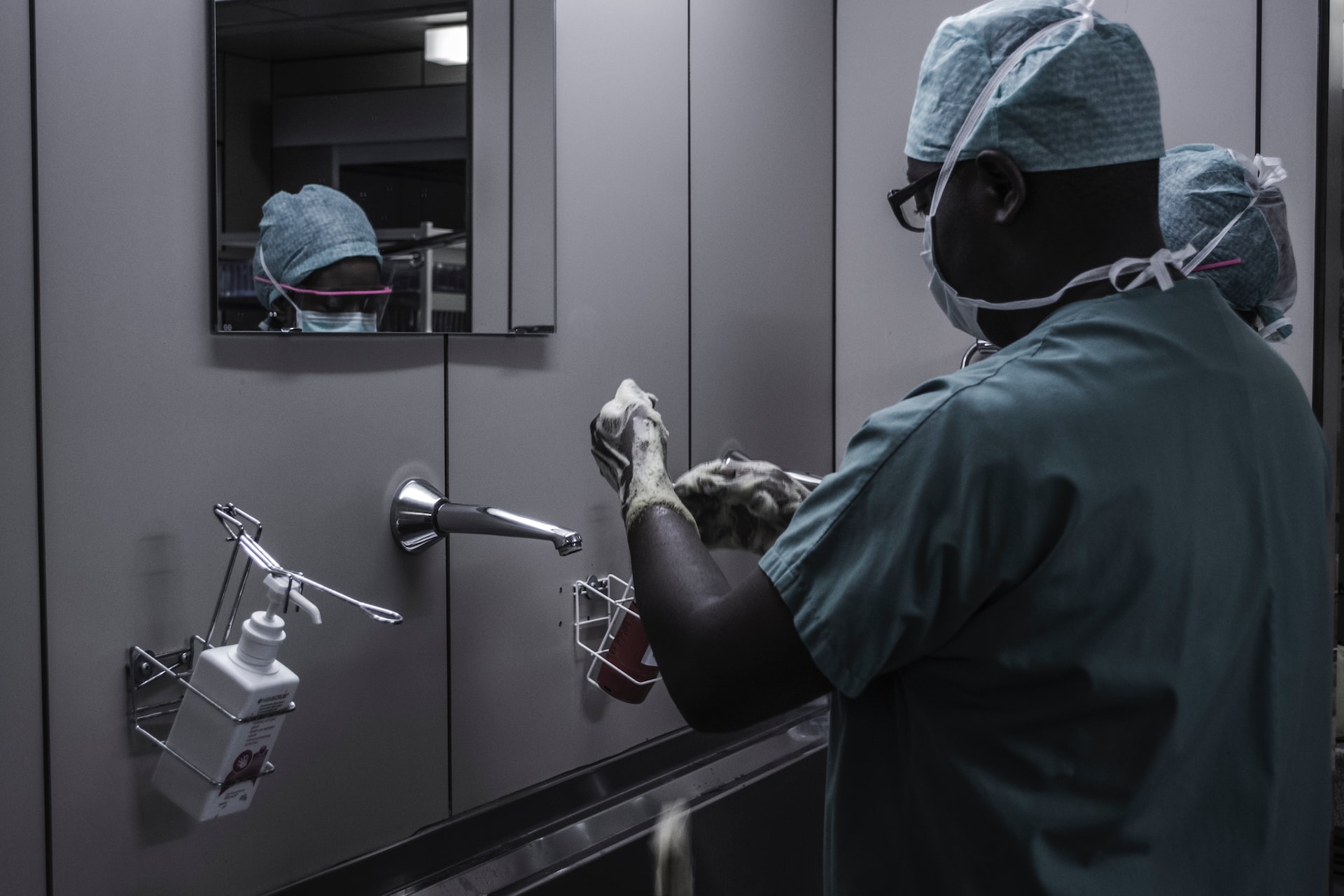Contents
Your medical school curriculum can be divided into pre-clinical and clinical periods. The pre-clinical or basic sciences teach you the theoretical aspects of medicine and the human body whereas clinical medicine is about converting this theoretical knowledge to practical experience. So, the medical school curriculum essentially consists of two sets of equally important learning processes before beginning the residency program.
A specialized clinical medicine program comes as the continuation of the basic sciences in the second half of your studies. Gaining practical knowledge during this time makes the transition to residency easier for students.
The qualifications for clinical medicine are not as many as for getting into medical school and starting with your basic sciences. Let’s go through what the clinical medicine program is all about and the requirements.
What is clinical medicine?
Clinical medicine, also known as clinical rotations is the process of acquiring in-hand experience through direct observation of patients. The factual knowledge gained through the practice of theoretical lessons helps the students during their residency and career. Working closely with experienced professionals in various hospital departments improves your skillset and also gives you an idea about your area of specialization.
Qualification for clinical medicine
Your clinical medicine program comes as the second part of your medical curriculum after the completion of basic sciences. Semesters 1 to 5 are all about studying basic medicine, following the clinical medicine from semesters 6 to 10. So, the basic qualification for clinical medicine is to meet the minimum GPA requirements for the basic science program.
To get admission into any medical school, you would have to complete the pre-requisite coursework during your undergraduate studies. This includes general biology, organic chemistry, and inorganic chemistry with necessary laboratory practice. The English language requirements are also to be met along with taking the MCAT examination. These criteria automatically apply to getting qualified for clinical medicine.
The USMLE Step 1 examination which takes place right before the start of clinical medicine is also very important. The United States Medical Licensing Examination Step 1 is the first of three licensing examinations you must write to be able to practice in the US. Since it is conducted halfway through medical studies, you must pass the examination to be able to continue further studies at your medical school. Scoring good marks in USMLE indicates that you are thorough with the theoretical lessons and are ready for clinical rotations.
Duration of clinical medicine
The clinical medicine program begins from Semester 6 and ends by Semester 10 of your academic studies. Each clinical rotation varies in length and may last up to 12 weeks.
Clinical rotations are divided into core and elective rotations where the elective is based on the area of specialization the student plans to take in the future. The core rotation which lasts for 42 weeks includes Internal Medicine (12 weeks), Obstetrics and Gynecology (6 weeks), Surgery (12 weeks), Psychiatry (6 weeks), and Pediatrics (6 weeks).
Clinical medicine is vital to your medicinal career as it teaches you crucial practical lessons that will help you in your career. So, grasp your basic science lessons well and prepare for the clinical rotations.




